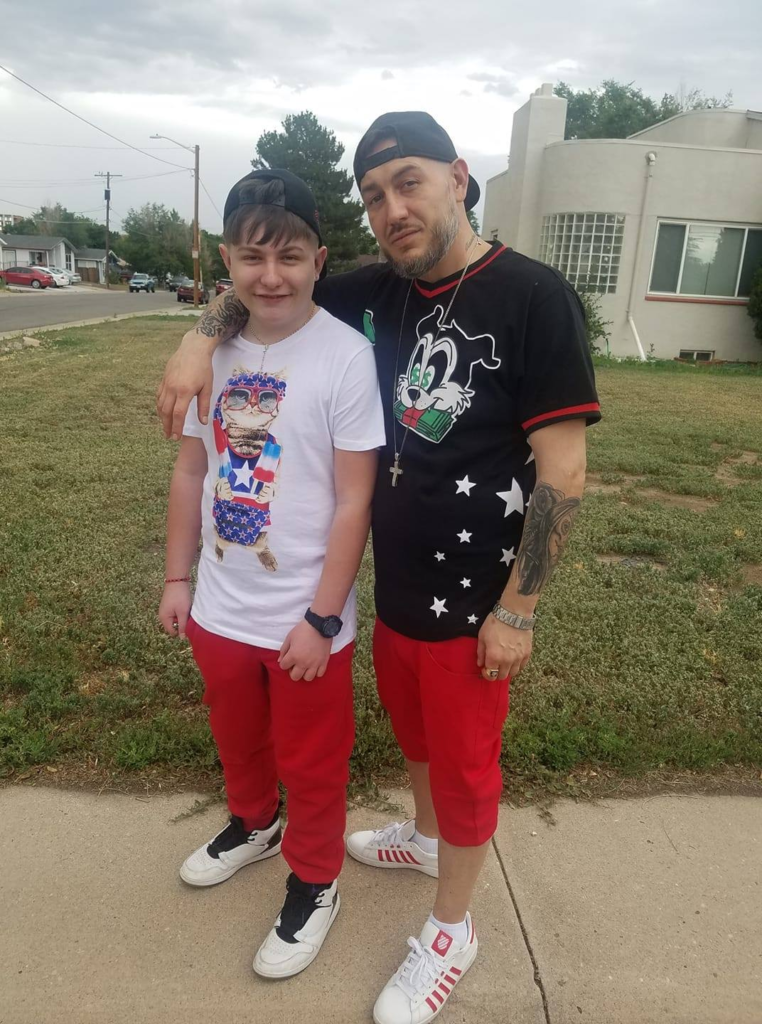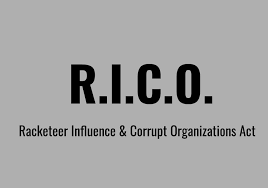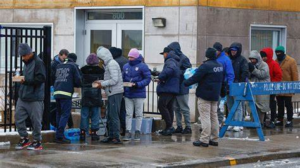1961–1968. G. Robert Blakey, an adviser to the United States Senate Government Operations Committee, drafted the law under the close supervision of the committee’s chairman, Senator John Little McClellan.

The Racketeer Influenced and Corrupt Organizations Act (RICO) of 1970 seeks to strengthen the legal tools in evidence gathering by establishing new penal prohibitions and providing enhanced sanctions and new remedies for dealing with the unlawful activities of those engaged in organized crime.
Racketeer Influenced and Corrupt Organizations Act (RICO)
There are 35 specific crimes included in the RICO Act.
- Gambling.
- Murder.
- Kidnapping.
- Extortion.
- Arson.
- Robbery.
- Bribery.
- Dealing in obscene matter.
Passed in 1970, the Racketeer Influenced and Corrupt Organizations Act (RICO) is a federal law designed to combat organized crime in the United States. It allows prosecution and civil penalties for racketeering activity performed as part of an ongoing criminal enterprise. Such activity may include illegal gambling, bribery, kidnapping, murder, money laundering, counterfeiting, embezzlement, drug trafficking, slavery, and a host of other unsavory business practices.
To convict a defendant under RICO, the government must prove that the defendant engaged in two or more instances of racketeering activity and that the defendant directly invested in, maintained an interest in, or participated in a criminal enterprise affecting interstate or foreign commerce. The law has been used to prosecute members of the mafia, the Hells Angels motorcycle gang, and Operation Rescue, an anti-abortion group, among many others.

RICO Act
(1) racketeering activity means (A) any act or threat involving murder, kidnapping, gambling, arson, robbery, bribery, extortion, dealing in obscene matter, or dealing in a controlled substance or listed chemical (as defined in section 102 of the Controlled Substances Act), which is chargeable under State law and punishable by imprisonment for more than one year; (B) any act which is indictable under any of the following provisions of title 18, United States Code: Section 201 (relating to bribery), section 224 (relating to sports bribery), sections 471, 472, and 473 (relating to counterfeiting), section 659 (relating to theft from interstate shipment) if the act indictable under section 659 is felonious, section 664 (relating to embezzlement from pension and welfare funds.

Sections 891894 (relating to extortionate credit transactions), section 1028 (relating to fraud and related activity in connection with identification documents), section 1029 (relating to fraud and related activity in connection with access devices), section 1084 (relating to the transmission of gambling information), section 1341 (relating to mail fraud), section 1343 (relating to wire fraud), section 1344 (relating to financial institution fraud), section 1425 (relating to the procurement of citizenship or nationalization unlawfully), section 1426 (relating to the reproduction of naturalization or citizenship papers), section 1427 (relating to the sale of naturalization or citizenship papers), sections 14611465 (relating to obscene matter), section 1503 (relating to obstruction of justice), section 1510 (relating to obstruction of criminal investigations), section 1511 (relating to the obstruction of State or local law enforcement), section 1512 (relating to tampering with a witness, victim, or an informant), section 1513 (relating to retaliating against a witness, victim, or an informant), section 1542 (relating to false statement in application and use of passport), section 1543 (relating to forgery or false use of passport.
Section 1544 (relating to misuse of passport), section 1546 (relating to fraud and misuse of visas, permits, and other documents), sections 15811592 (relating to peonage, slavery, and trafficking in persons).,[1] section 1951 (relating to interference with commerce, robbery, or extortion), section 1952 (relating to racketeering), section 1953 (relating to interstate transportation of wagering paraphernalia), section 1954 (relating to unlawful welfare fund payments), section 1955 (relating to the prohibition of illegal gambling businesses), section 1956 (relating to the laundering of monetary instruments.

Section 1957 (relating to engaging in monetary transactions in property derived from specified unlawful activity), section 1958 (relating to use of interstate commerce facilities in the commission of murder-for-hire), section 1960 (relating to illegal money transmitters), sections 2251, 2251A, 2252, and 2260 (relating to sexual exploitation of children), sections 2312 and 2313 (relating to interstate transportation of stolen motor vehicles), sections 2314 and 2315 (relating to interstate transportation of stolen property), section 2318 (relating to trafficking in counterfeit labels for phonorecords, computer programs or computer program documentation or packaging and copies of motion pictures or other audiovisual works), section 2319 (relating to criminal infringement of a copyright), section 2319A (relating to unauthorized fixation of and trafficking in sound recordings and music videos of live musical performances

Section 2320 (relating to trafficking in goods or services bearing counterfeit marks), section 2321 (relating to trafficking in certain motor vehicles or motor vehicle parts), sections 23412346 (relating to trafficking in contraband cigarettes), sections 242124 (relating to white slave traffic), sections 175178 (relating to biological weapons), sections 229229F (relating to chemical weapons), section 831 (relating to nuclear materials), (C) any act which is indictable under title 29, United States Code, section 186 (dealing with restrictions on payments and loans to labor organizations) or section 501 (c) (relating to embezzlement from union funds), (D) any offense involving fraud connected with a case under title 11 (except a case under section 157 of this title), fraud in the sale of securities, or the felonious manufacture, importation, receiving, concealment, buying, selling, or otherwise dealing in a controlled substance or listed chemical (as defined in section 102 of the Controlled Substances Act), punishable under any law of the United States, (E) any act which is indictable under the Currency and Foreign Transactions Reporting Act, (F) any act which is indictable under the Immigration and Nationality Act, section 274 (relating to bringing in and harboring certain aliens), section 277 (relating to aiding or assisting certain aliens to enter the United States), or section 278 (relating to importation of alien for immoral purpose) if the act indictable under such section of such Act was committed for the purpose of financial gain, or (G) any act that is indictable under any provision listed in section 2332b
Gangsta – The Original Hot Boy
Terrance E. Williams (aka ‘Gangsta’). The convicted drug kingpin — and last surviving member of New Orleans’ notorious Hot Boys “D-Boy clique” , and younger brother of Brian “Baby” Williams and Ronald “Slim” Williams.
Terrance Williams has claimed to put up “around $100,000″ to start the Cash Money record label — was delivered a life-sentence “plus 240 years for ‘continued criminal enterprise’ and ‘conspiracy to commit murder on June 24, 1999.
Boosie I understand you hurt
“Hot Boys” is a name that I gave my brother to name the group… The Hot Boys name came from some real street Gangster’s Dooney, Sterling, Mosquito, and me. All three are dead now. “No we didn’t bust raps, we bust caps!!!

I remember when Cash Money used to rent one raggedy bus to ride out of town to do concerts. I would be right there some of the times. Two guns and my bulletproof vest. While the C.M.R. Crew were entertaining people, I was hooking up heroin deals”

The First Step Act
Who benefits from the First Step Act?

The First Step Act of 2018 provides eligible inmates the opportunity to earn 10 to 15 days of time credits for every 30 days of successful participation in Evidence Based Recidivism Reduction Programs and Productive Activities.










More Stories
The Conviction Of A Child Sex Trafficker
Susan Aquila The Goddess of Metal and Classical Rock
Happy Hour with Teflon Taylor